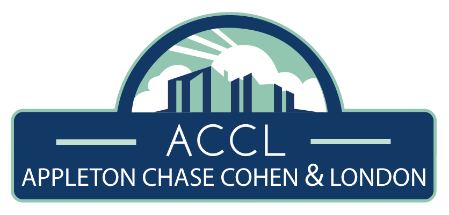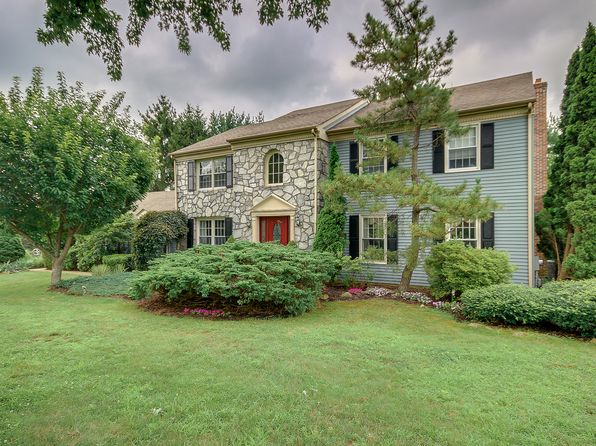Eliminating school property taxes is one of those ideas that sounds far better than it would work in practice.
There is no doubt that Pennsylvania relies far too heavily on local property taxes to fund public education. But fully eliminating the property tax would not resolve the underlying issue: how best to fully and fairly fund public schools.
State Sen. David Argall, a Schuylkill County Republican, plans to reintroduce a bill to replace local property tax revenue, about $14.4 billion statewide, with state revenue generated from major increases in other taxes. Argall’s 2015 bill would have increased the state income tax by 61 percent, from 3.01 percent to 4.95 percent, and the state sales tax by 16.6 percent, from 6 to 7 percent. The sales tax increase actually would be much greater, however, because it also would be expanded to cover scores of goods and services that are now exempt.

Property taxes this year will generate about $14.4 billion, so any state-level tax increases would have to cover that much. A new state constitutional amendment, approved last November by voters, would allow the state to eliminate residential property taxes by maintaining them on businesses, in which case the state taxes still would have to cover more than $8.1 billion.
Lost in the understandable enthusiasm to kill the hated property tax is that the need to fund public education does not go away. The Independent Fiscal Office has calculated several times that the replacement taxes soon would be inadequate to replace lost property tax revenue. And, unlike property taxes, the income and sales tax revenues rise and fall with economic conditions, thus creating more, rather than less uncertainty regarding school funding.
Meanwhile, eliminating the property tax would provide a massive break to the wealthiest residents of every school district while replacing the revenue, for the most part, from sales and income taxes generated further down the economic ladder.
The state government should substantially increase its share of public education funding to provide major property tax relief. And it should end the corporate tax evasion device known as the Delaware loophole and establish a fair tax on natural gas production to help provide the relief.
Eliminating property taxes, however, would only ensure perpetual uncertainty over funding public schools.
To comment you must first create a profile and sign-in with a verified DISQUS account or social network ID. Sign up here.



Leave A Comment